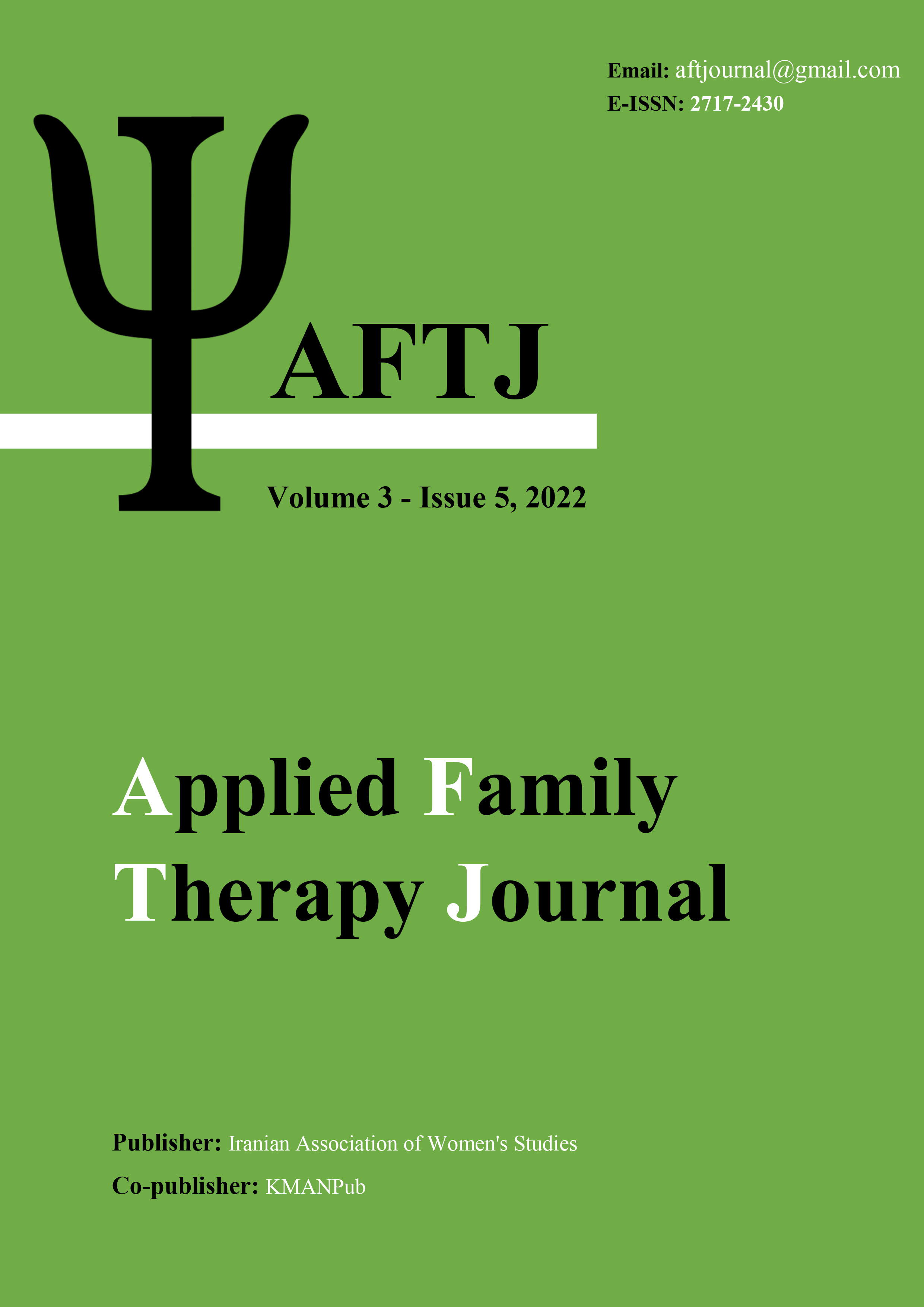The effectiveness of metacognitive therapy on psychological toughness and distress tolerance in female patients with psoriasis
Keywords:
metacognitive, psychological hardiness, distress tolerance, psoriasis.Abstract
Aim: The aim of this study was to evaluate the effectiveness of metacognitive therapy on psychological hardiness and distress tolerance in patients with psoriasis. Methods: The present research method is quasi-experimental with pre-test-post-test design and one-month follow-up with a control group. The statistical population consists of all female patients who referred to the skin and hair clinics of Boroujerd in 1400 who received a definitive diagnosis of psoriasis. Among them, 30 patients with psoriasis whose depression rate was higher than the cut-off point were selected by non-random sampling method and alternated in two experimental groups (metacognitive therapy and acceptance and commitment therapy) and a simple random control group. (15 people in each group). Metacognitive therapy was performed according to the Wells Protocol (1962) in 8 sessions of 90 minutes in the experimental group. Data were collected using the Lang and Golett (2003) Psychological Hardiness Questionnaire, Simmons and Gaher (2005) and Beck (1996) Depression Inventory. Data were analyzed using SPSS-22 software and repeated measures analysis of variance. Results: The results showed that metacognitive therapy is effective on psychological hardiness (F=38.86, p<0.001) and distress tolerance (F=38.86, p<0.001) in patients with psoriasis. Conclusion: It can be concluded that metacognitive therapy was effective on psychological hardiness and distress tolerance in patients with psoriasis and this treatment can be used to reduce the adverse effects of the disease on patients' lives and take supportive measures.
Downloads
Downloads
Published
Issue
Section
License

This work is licensed under a Creative Commons Attribution-NonCommercial 4.0 International License.





















